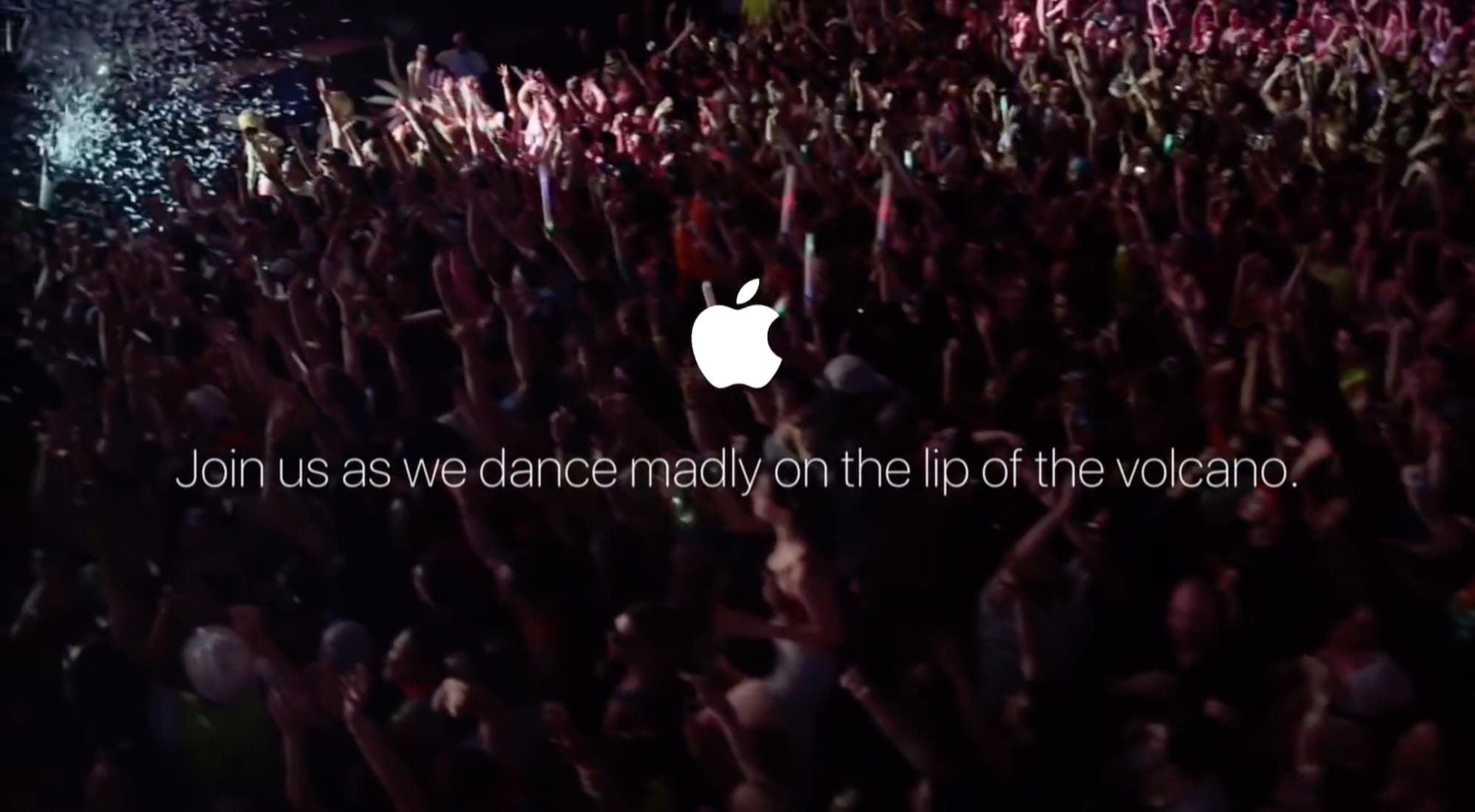Apple wins. We all lose. Use a complex passcode immediately.
Apple Financial Results — FY Q2 2016 →
Apple PR:
Apple® today announced financial results for its fiscal 2016 second quarter ended March 26, 2016. The Company posted quarterly revenue of $50.6 billion and quarterly net income of $10.5 billion, or $1.90 per diluted share. These results compare to revenue of $58 billion and net income of $13.6 billion, or $2.33 per diluted share, in the year-ago quarter. Gross margin was 39.4 percent compared to 40.8 percent in the year-ago quarter. International sales accounted for 67 percent of the quarter’s revenue.
Apple sold:
- 51.2 million iPhones (61.17 million in FY Q2 2015)
- 10.3 million iPads (12.62 million in FY Q2 2015)
- 4 million Macs (4.56 million in FY Q2 2015)





